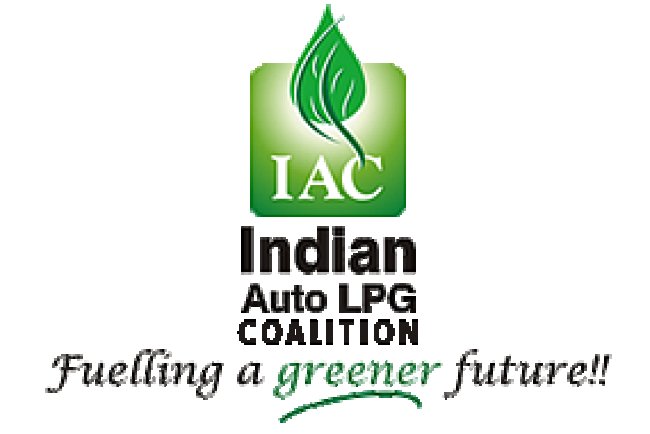KFC's Animal Welfare: A Closer Look at Ethical Sourcing

KFC is one of the world's largest fast-food chains, with long-standing campaigns into its animal welfare practices. With the rise in consumer awareness of the ethical implications involved in sourcing animal products, pressure has increased toward ensuring the wellbeing of animals involved in its supply chain. The company has responded to this through significant changes it has initiated to improve its better standards for animal welfare and responsible sourcing.
Ethical Sourcing: What is it to KFC?
Ethical sourcing refers to practices and policies undertaken by a firm to ensure that the products it sells are obtained responsibly in accordance with human rights, environmental sustainability, and respect for animal welfare. Thus, to KFC, it would mean that all chicken sold was sourced from a supplier who observed a high and strict set of animal welfare standards.
All the demands have been achieved by making its supply chain clear and less hazardous by making some agreements with BRC in UK and with Global Animal Partnership for better practice for the purpose. KFC is concerned about them that the life time for animals engaged to prepare it was good or sound, their deaths are bloodless.
Progress from KFC
Animal welfare standard has been improved.
The policies by KFC on animal welfare are based on the Five Freedoms, that is, animal well-being as a set of principles. Among them are the freedom from hunger and thirst, freedom from discomfort, freedom from pain, injury, and disease, freedom to express normal behavior, and freedom from fear and distress.
Through coordination with its suppliers, KFC ensures all these standards are met during the production process. Among them is proper housing and adequate feeding and water for chickens so that they do not come under avoidable stress or suffering. The company has subjected the venues for its suppliers to regular audits and inspections confirming the meeting of its animal welfare standards.
Antibiotic-Free Chicken Commitment
KFC has made one very significant attempt: the reduction of its use of antibiotics. Use of antibiotics in poultry farming is an area that has been quite a health concern, as there is a great propensity for forming antibiotic-resistant bacteria, which is critical to human health.
In addressing this problem, KFC has committed to sourcing chicken that is raised without the use of medically important antibiotics. It applies a policy that it covers all chicken products in its company to ensure that KFC's customers can enjoy chicken that they consume without contributing to the growing problem of antibiotic resistance.
Focus on Transparency
A key component of KFC's responsible sourcing approach is transparency. The truth is that, with the need for information being sought by growing numbers of customers about where the food they are consuming comes from and how it is produced, KFC recognizes the importance of increasing transparency through its supply chain.
KFC has revealed details about animal welfare standards and practices, through which customers know what the company is doing in its efforts to make sure the products are ethically sourced. This is because this is going to create consumer confidence and depict KFC's willingness to upgrade the sourcing operations.
Supplier Accountability
Even KFC suppliers receive ethical sourcing, and the welfare standards of KFC are driven to responsibility with the suppliers. Audits and inspections are held to ensure whether compliance has been achieved. Such suppliers who could not achieve the KFC standard may end with a penalty along with the ending of their contract.
At each step in this supply chain-from farm to restaurant-this level of responsibility ensures the ethical sourcing policies of KFC.
This is despite some serious strides that KFC has taken toward bettering its practice of animal welfare; this company remains open to attack on criticism from a number of activists and green groups, among whom are proponents of greater transparency and stricter standards in the company's supply chain.
Some critics say that KFC cannot do much in the general sense of matters involving factory farms and the dangerous effects of such gigantic poultry production to the environment, but the practice is worth appreciation. Advocates of the critics of KFC ask for even more reasonable practices, and this can include even the usage of plant-based materials or even the support for regeneration farming in the future.
More fundamentally, dependence on third parties for the definition and accreditation of animal welfare standard by KFC gives rise to an important question as to its viability and consistency. While KFC is taking crucial steps forward with the partnership organizations like GAP and BRC, it should at the same time have more power from its end for the use of these standards.
KFC Future on Animal Welfare
KFC knows it needs to do much better on the issue of animal welfare within its supply chain. It committed to ongoing monitoring and improvement to ensure that practices were at the highest standards possible.
KFC will continue to improve its efforts to reduce its environmental footprint. The company will look into more sustainable farming practices and continue to reduce the use of antibiotics. Moreover, KFC has promised to collaborate with animal welfare organizations to derive new policies and practices in improving animal welfare within its supply chain.
It is an evolving journey for KFC in becoming committed to ethics sourcing and good animal welfare. The firm shall continue responding to the consumer evolution, legal transformations, and overall food trends throughout the globe.
Demand for responsibly sourced products remains on the up at KFC. Better practices for animal welfare are a move in the right direction, however, there's still much work to be done. The bright steps toward a more sustainable and ethical future for the fast food industry would have been seen in efforts the company was making toward greater transparency, reducing antibiotic use, and engaging with suppliers in meeting high standards of animal welfare.
What's Your Reaction?

















